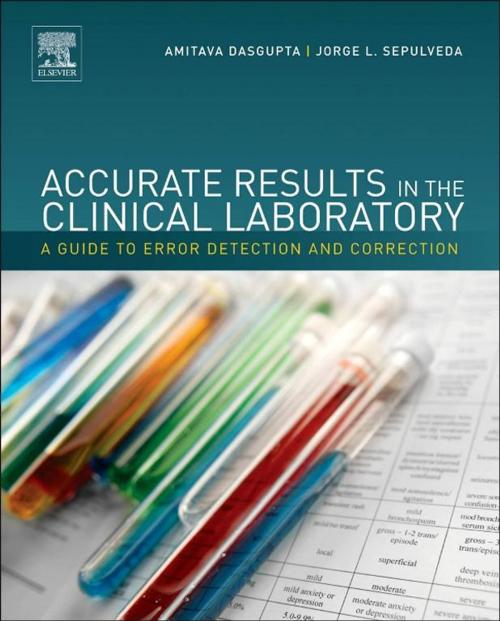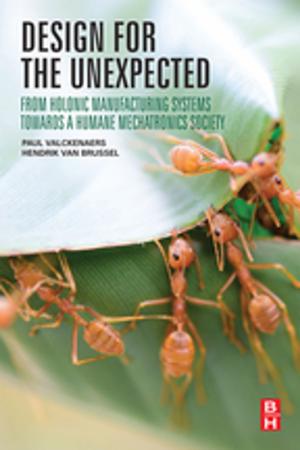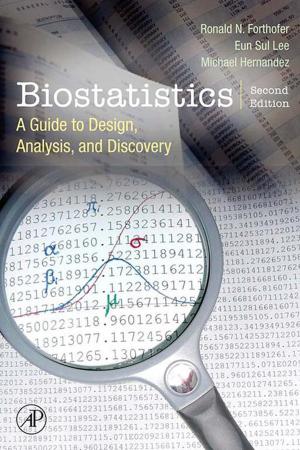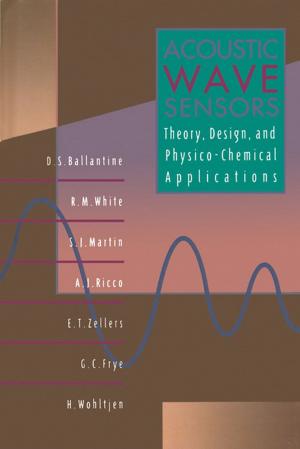Accurate Results in the Clinical Laboratory
A Guide to Error Detection and Correction
Nonfiction, Health & Well Being, Medical, Medical Science, Physiology, Science & Nature, Science, Biological Sciences, Human Physiology| Author: | ISBN: | 9780124158580 | |
| Publisher: | Elsevier Science | Publication: | January 22, 2013 |
| Imprint: | Elsevier | Language: | English |
| Author: | |
| ISBN: | 9780124158580 |
| Publisher: | Elsevier Science |
| Publication: | January 22, 2013 |
| Imprint: | Elsevier |
| Language: | English |
This practical, easy-to-use guide, named to Doody’s Core Titles 2013, addresses interference issues in all laboratory tests, including patient epigenetics, process of specimen collection, enzymes, biomarkers. Clinicians and laboratory scientists can therefore rely on one reference which speaks to both their needs of accurate specimen analysis and optimal patient care.
Erroneous hospital and pathology laboratory results can be confusing and problematic, especially in acute care situations. While some factors creating interference, can be identified in the laboratory, detecting many others is often dependent on clinical details unavailable to the laboratory scientists or pathologists. Therefore, clinicians must become proficient in identifying such erroneous reports, and working with pathologists and laboratory scientists so that they can understand the source of such interferences, correct the results, and then decide what course of action must be followed for proper patient management.
- Named to Doody’s Core Titles 2013, a collection development tool for health sciences libraries of all sizes, by Doody Enterprises
- Practical information for both clinicians and laboratory scientists, presented in the form of tables and charts for easy reference
- Focus on range and sources of interferences rather than details of toxicologic mechanisms which are well covered in toxicology textbooks
- Covers interferences across endocrine, oncology, hematology, immunohistochemistry, immunology, serology, microbiology, and molecular testing
This practical, easy-to-use guide, named to Doody’s Core Titles 2013, addresses interference issues in all laboratory tests, including patient epigenetics, process of specimen collection, enzymes, biomarkers. Clinicians and laboratory scientists can therefore rely on one reference which speaks to both their needs of accurate specimen analysis and optimal patient care.
Erroneous hospital and pathology laboratory results can be confusing and problematic, especially in acute care situations. While some factors creating interference, can be identified in the laboratory, detecting many others is often dependent on clinical details unavailable to the laboratory scientists or pathologists. Therefore, clinicians must become proficient in identifying such erroneous reports, and working with pathologists and laboratory scientists so that they can understand the source of such interferences, correct the results, and then decide what course of action must be followed for proper patient management.
- Named to Doody’s Core Titles 2013, a collection development tool for health sciences libraries of all sizes, by Doody Enterprises
- Practical information for both clinicians and laboratory scientists, presented in the form of tables and charts for easy reference
- Focus on range and sources of interferences rather than details of toxicologic mechanisms which are well covered in toxicology textbooks
- Covers interferences across endocrine, oncology, hematology, immunohistochemistry, immunology, serology, microbiology, and molecular testing















